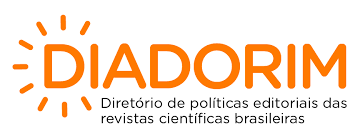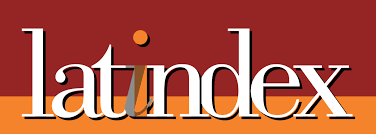POST-TRANSPLANT LYMPHOPROLIFERATIVE DISORDER: CLINICAL INSIGHTS AND REAL-WORLD ANALYSIS AT A SPECIALIZED CENTER IN NORTHEASTERN BRAZIL
DOI:
https://doi.org/10.46765/2675-374X.2025v6n1p258Abstract
Post-Transplant Lymphoproliferative Disorders (PTLD) comprise a heterogeneous group of lymphoid or plasmacytic neoplasms with highly variable presentations, occurring in the setting of immunosuppression following transplantation. Epstein-Barr virus (EBV)-positive PTLD accounts for 60–80% of cases. Due to the rarity of the disease, no phase 3 clinical trials have been conducted to establish standardized treatment protocols, making its management particularly challenging. Objective: to characterize the profile of patients diagnosed with PTLD following kidney, liver, or hematopoietic stem cell transplantation at a specialized center in Northeastern Brazil. Methodology: a retrospective, observational, and single-center cohort study based on medical record analysis. Results: The analysis of the frequency of PTLD by transplanted organ group showed 3.7 cases per 1000 hematopoietic stem cell transplants, 7.0 cases per 1000 kidney transplants and 7.5 cases per 1000 liver transplants. The mean survival time for all patients was 438 days. Patients who achieved complete response had a better overall survival (OS) of 87.5% at 1 year, while those who did not achieve complete response had an OS of 22.2% at 1 year (p=0.00012).
Conclusion: PTLD is commonly an aggressive disease with poor OS, possibly influenced by factors such as age, transplanted organ, comorbidities, early death, and delayed diagnosis.
Keywords: Post-transplant lymphoproliferative disorder, Epstein-Barr virus, solid organ transplantation, hematopoietic stem cell transplantation.
Downloads
Published
How to Cite
Issue
Section
License
Copyright (c) 2025 JOURNAL OF BONE MARROW TRANSPLANTATION AND CELLULAR THERAPY

This work is licensed under a Creative Commons Attribution 4.0 International License.









